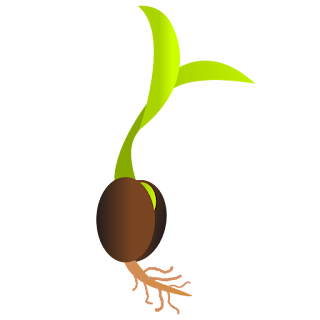To Bee, or not to Bee, that is the question. According to a report published by a UN body on biodiversity, the population of pollinators like bees, birds, beetles, butterflies and other species is on a steady decline and this poses a serious threat to the food crop production of the world. In recent years, bee keepers around the world have witnessed 30% to 90% loss of colonies. About one third of food crops are
pollinated by bees and other small animals. So, losing these pollinators also means losing many of the food items that we consume regularly which include apples, mangoes, rice, wheat etc. Although, I do not want to put a money tag on this loss and death of bees is itself a depressing issue, but since some people understand things only in terms of money, it is estimated that the loss to crops could be from $235 to $577 billion annually. Since, most wild flowering plants(about 90%) depend upon animal pollination, they are under greater risk. I will focus more on bees here but it does not mean that other pollinators are not important.
Colony collapse disorder- It occurs when majority of worker bees in a colony disappear leaving behind queen, food, few nurse bees and other baby bees. It has affected many parts of the world in the last decade. Many European countries have reported greater than 30% decline in bee hives. In 2012-13, colony collapse disorder was held responsible for the loss of half of the honey bee hives in US. But what is the reason behind this decline in population of bees? The answer is that we are not entirely sure but let us explore many possible causes.
Parasites- Acarapis Woodi is a microscopic mite which infects the breathing tubes of bees and weakens them by feeding on them from inside. Varroa Destructor is also a type of mite and is even more dangerous. These mites lay eggs on larvae of bees and they keep feeding on the larvae. The bee larvae is not killed but weakened . When it comes out of the cell, the mites are spread to neighboring cells, thus spreading infection. This cycle is completed in ten days and they grow rapidly, ultimately causing collapse of colony. These mites also spread many viruses that harm bees. But these parasites can not alone explain this steady decline.
Pesticides- The most widely used insecticides in the world today are neonicotinoids. These are neuro-active insecticides which means that they kill insects by harming their nervous systems or their ability to sense world. It can be called as the most inhuman way of killing anyone. In high doses, it leads to convulsions, paralysis and death. In small doses, it causes bees to lose their navigation ability, they forget their way to hives, get separated from the colony and eventually meet a lonely death. Contrary to my earlier position, I would love to put a money tag here. Global sales of nicotinoids was worth $1.6 billion in 2008. With so much money involved, the horrible effects of these insecticides are being constantly ignored.
Other possible causes- In addition to the above possible reasons, things like loss of habitat, climate change, pollution, other human activities etc. are also causing damage to bees and other pollinators. If we want to keep enjoying our plates full of various delicacies and if we want to let our future generations also experience that buzz sound in the gardens, we must protect these little pollinators. Currently, their colonies look much wiser than human colonies.
We know now that when it comes to saving bees, to Bee is always better than not to Bee.
References-
http://edition.cnn.com/2016/02/26/world/un-bees-and-butterflies-report/index.html
http://www.theguardian.com/environment/2016/feb/26/decline-of-bees-poses-potential-risks-to-major-crops-says-un
http://www.onegreenplanet.org/animalsandnature/why-bees-are-important-to-our-planet/
https://en.wikipedia.org/wiki/Colony_collapse_disorder
https://www.youtube.com/watch?v=GqA42M4RtxE
https://en.wikipedia.org/wiki/Neonicotinoid




